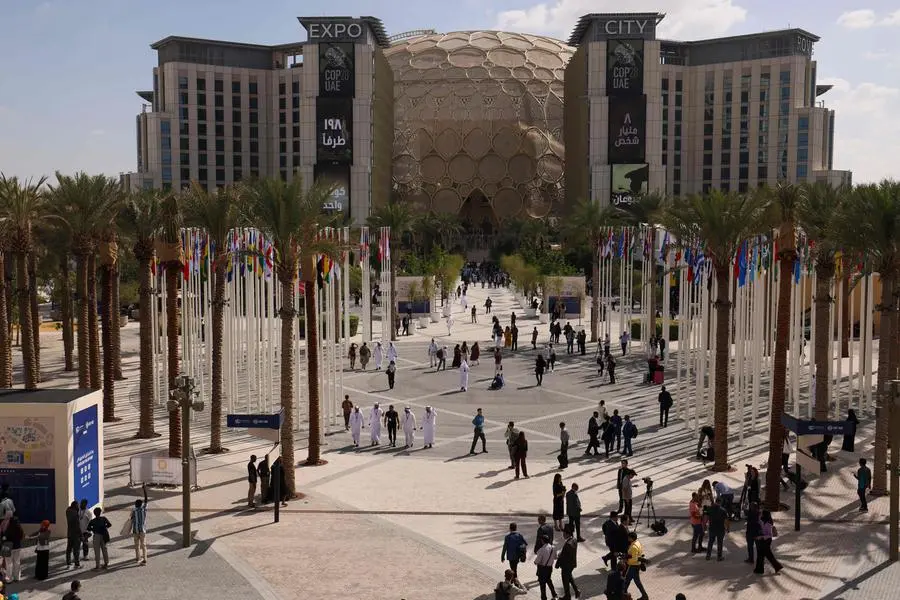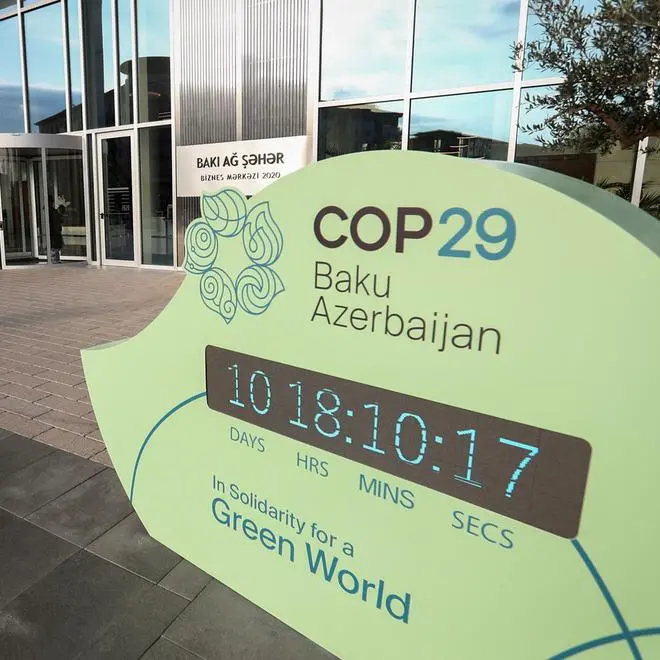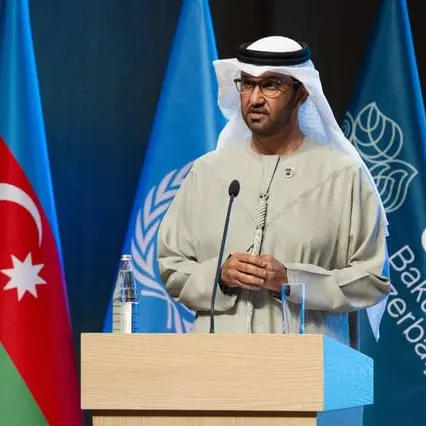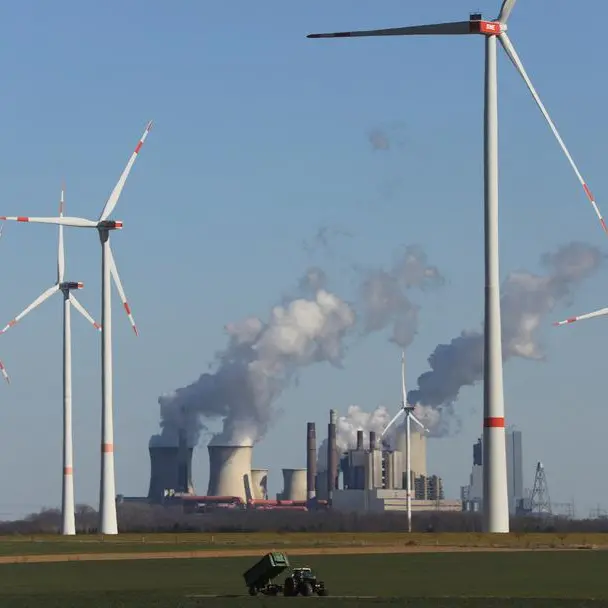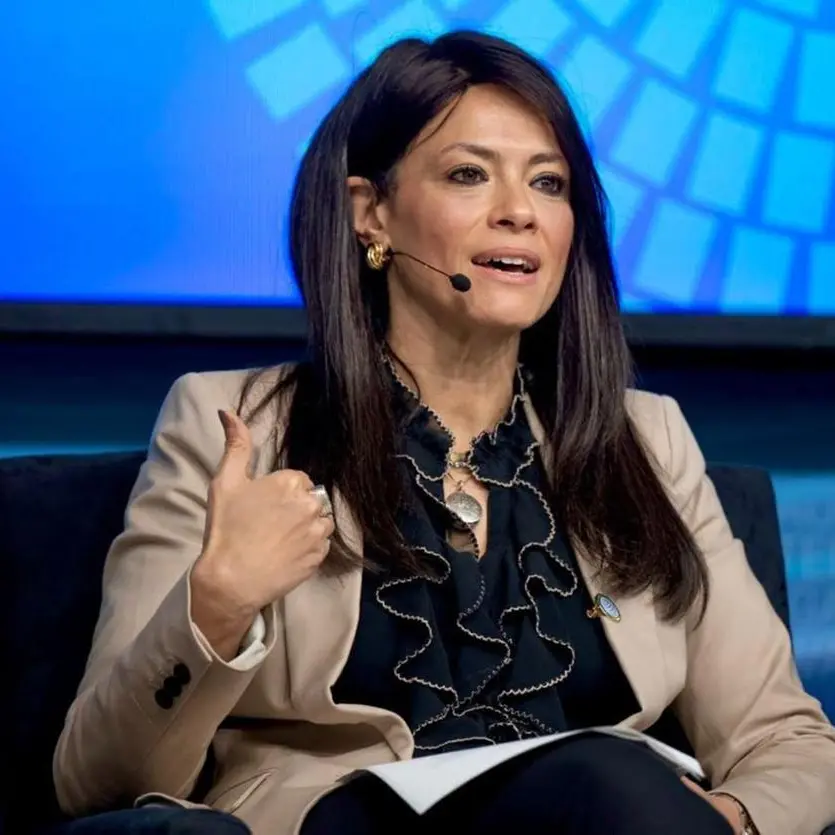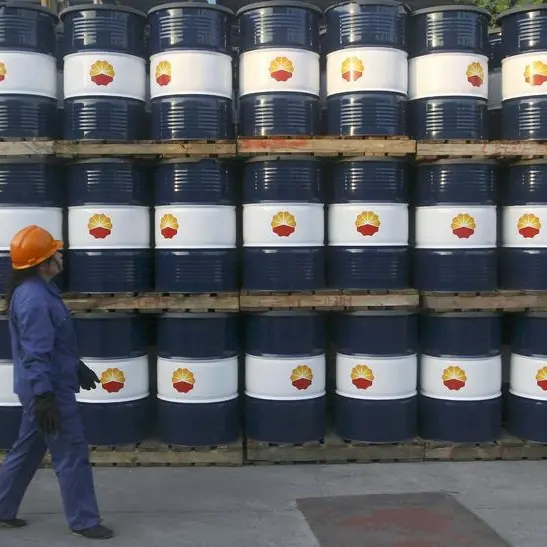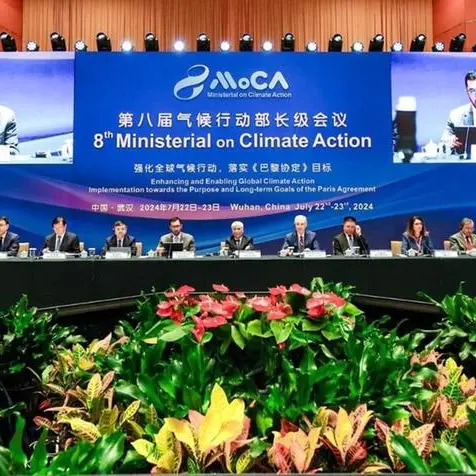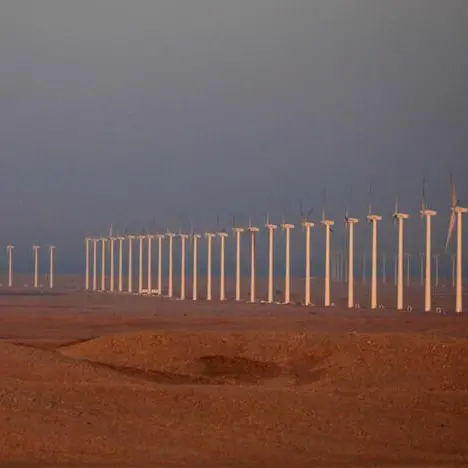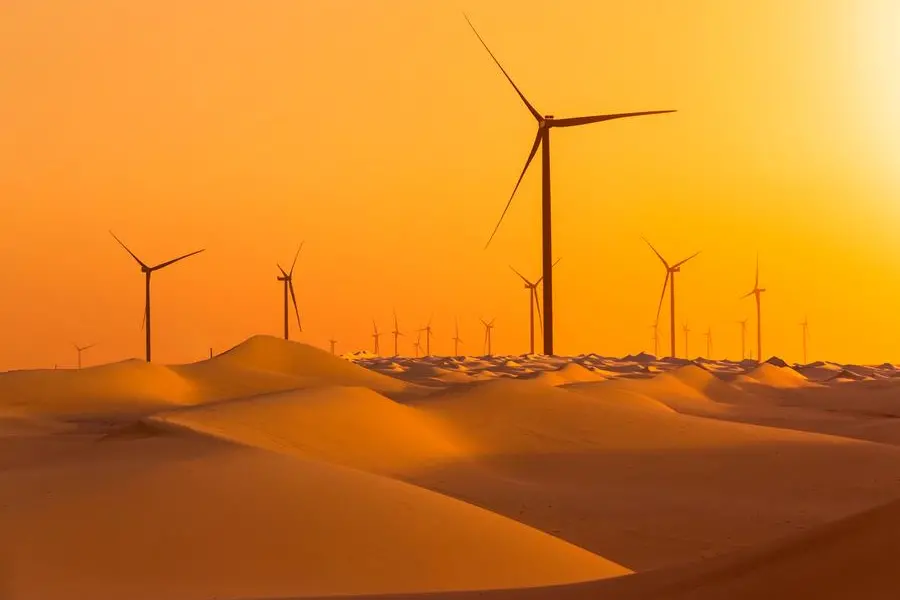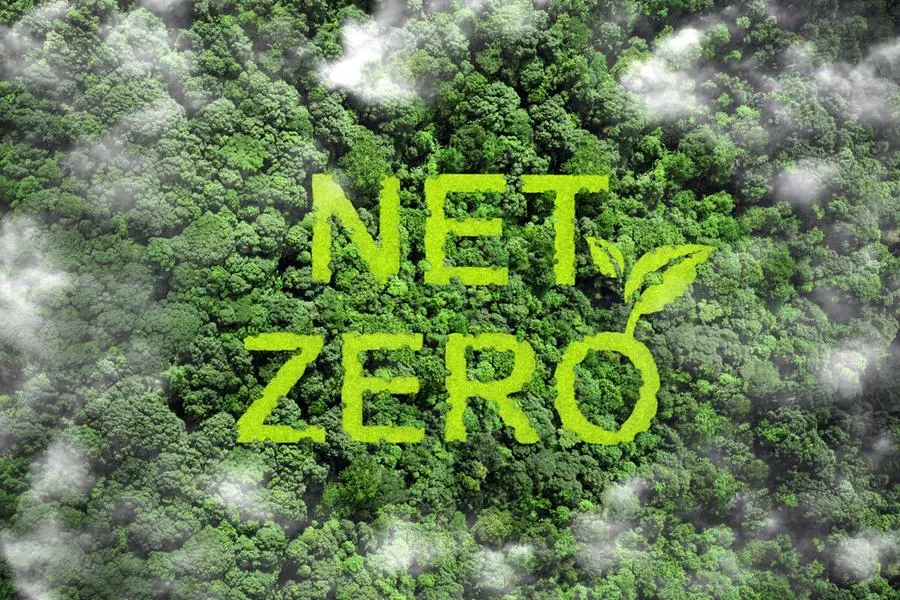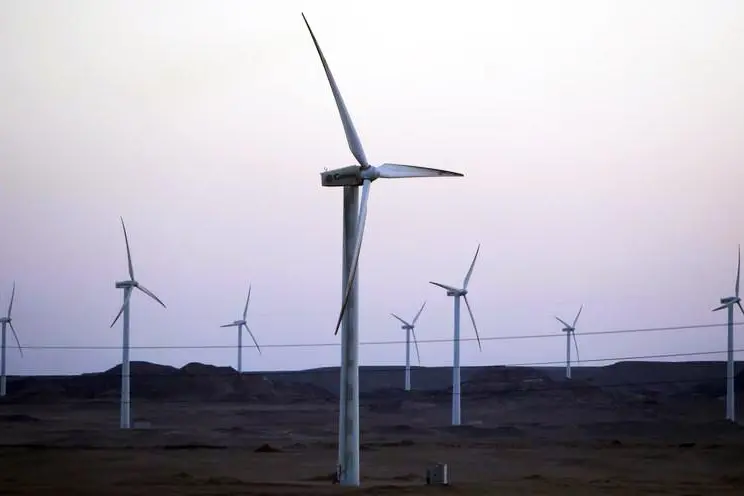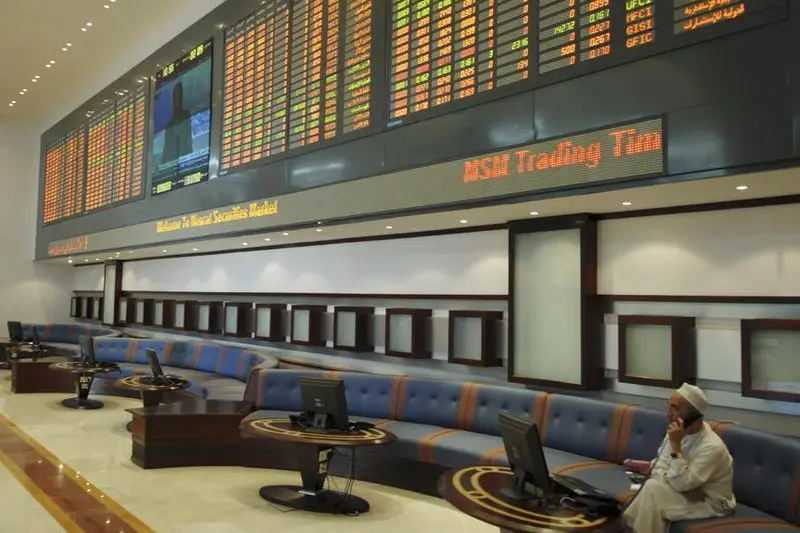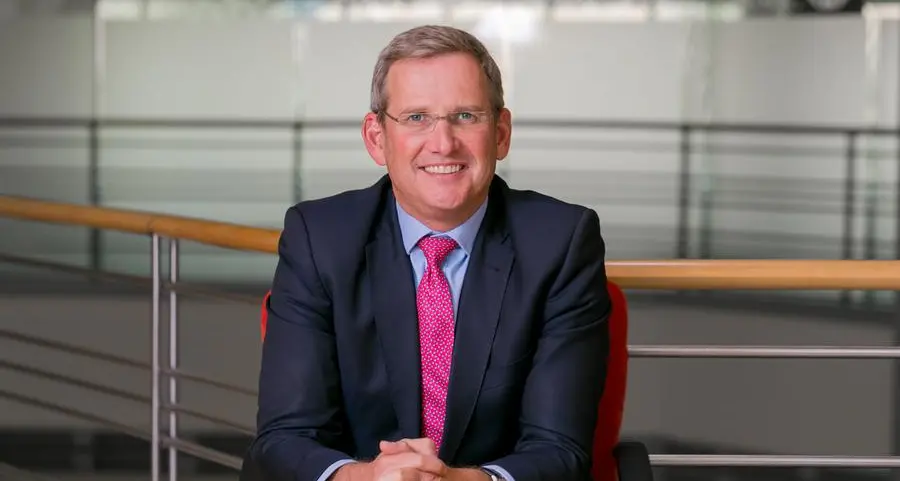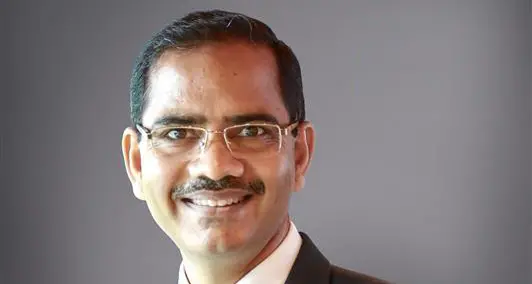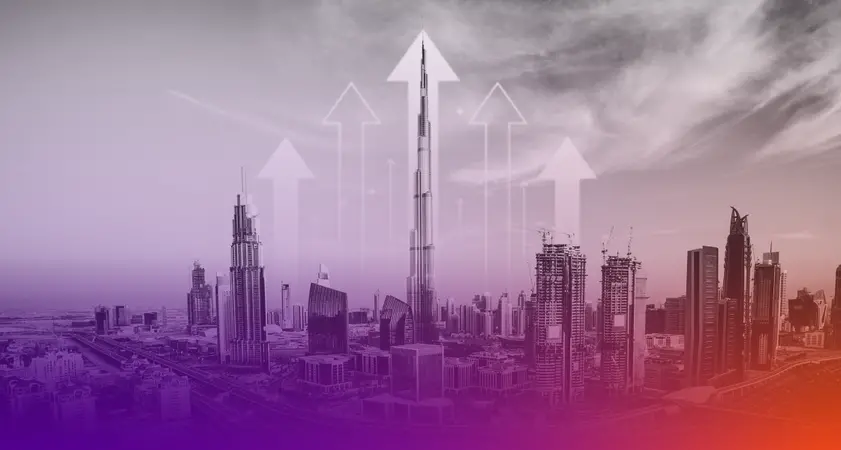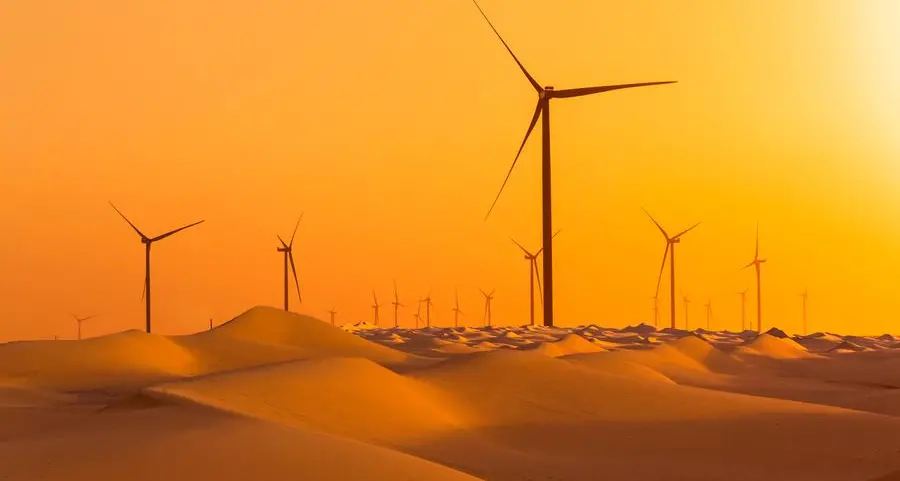PHOTO
Climate experts are unanimous in saying that the Loss and Damage Fund (LDF) needs to be scaled up exponentially, with some putting the figure required at $400 billion by 2030.
“The needs of developing countries are far greater and rapidly rising and the funds would need to keep pace. Today, it is $100 billion, but this figure could cross $400 billion by 2030 if fossil fuels aren’t phased out,” said Rachel Cleetus, Policy Director, Climate and Energy Program, Union of Concerned Scientists.
Speaking at the COP28 climate conference taking place at Expo City Dubai, Cleetus said many advocates had previewed the negotiating text and were hopeful that it would “gavel through pretty quickly.”
“The key thing is to put pressure on richer nations to deliver on their promises. The reason why a loss and damage fund discussion is even happening is because of greater emissions from richer nations. It is not just about people living on the frontlines, but about those experiencing loss and damage.”
The fund was pushed through at COP27 in Egypt as a mechanism whereby industrialised states would pay for the loss and damages incurred by developing countries.
Tasneem Esssop, Executive Director, Climate Action Network, also weighed in saying it wasn’t just important to have this fund set up, but this conference had to ensure developing countries have access to these funds and the freedom to implement the funding as needed.
Anger at the inability of the fund to deliver on the promises has been a topic of discussion at the climate summit on day one.
“We need more money from the countries, not promises and that money needs to be in billions, not millions. Anything less would be an insult,” Cleetus stated.
Romain Loualalen, Global Policy Campaign Manager, Oil Change International stressed the need for a fast, fair, full and funded phase out of fossil fuels to really bring about change.
“Corporate budgets are drying up. Government budgets are drying up. The promise to reach 1.5 degree Celsius is just that now. A promise. We will need to mobilise funding on a massive scale, away from fossil fuels. We need more and better funding. No more loans or debt. We need grants. Hefty grants to make a real change.”
(Reporting by Bindu Rai, editing by Brinda Darasha)
